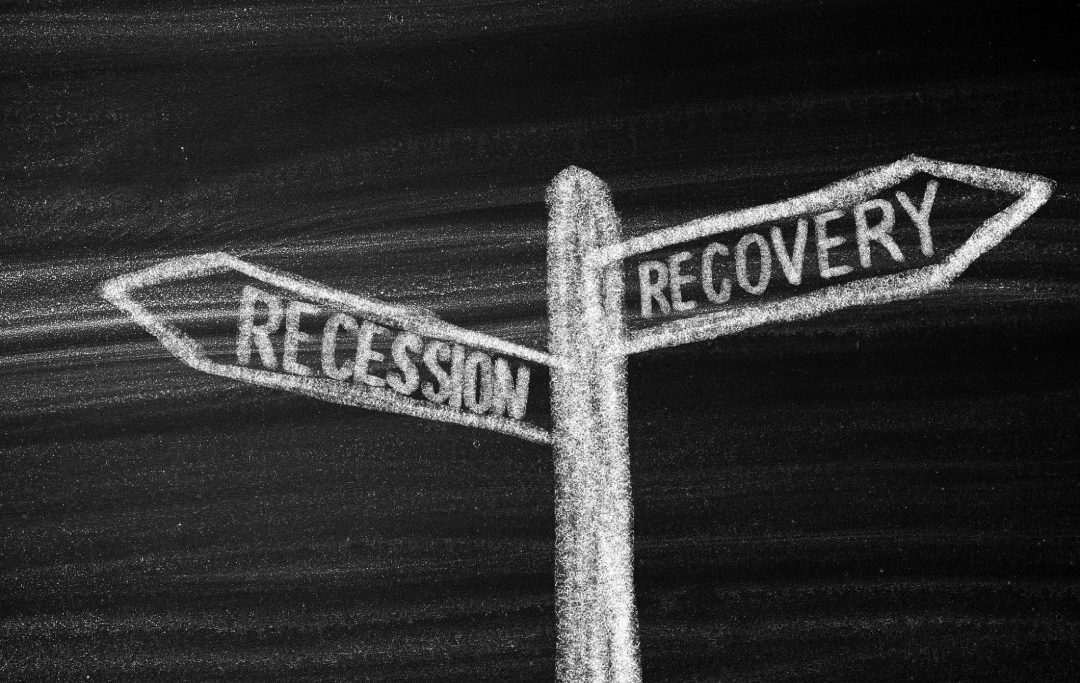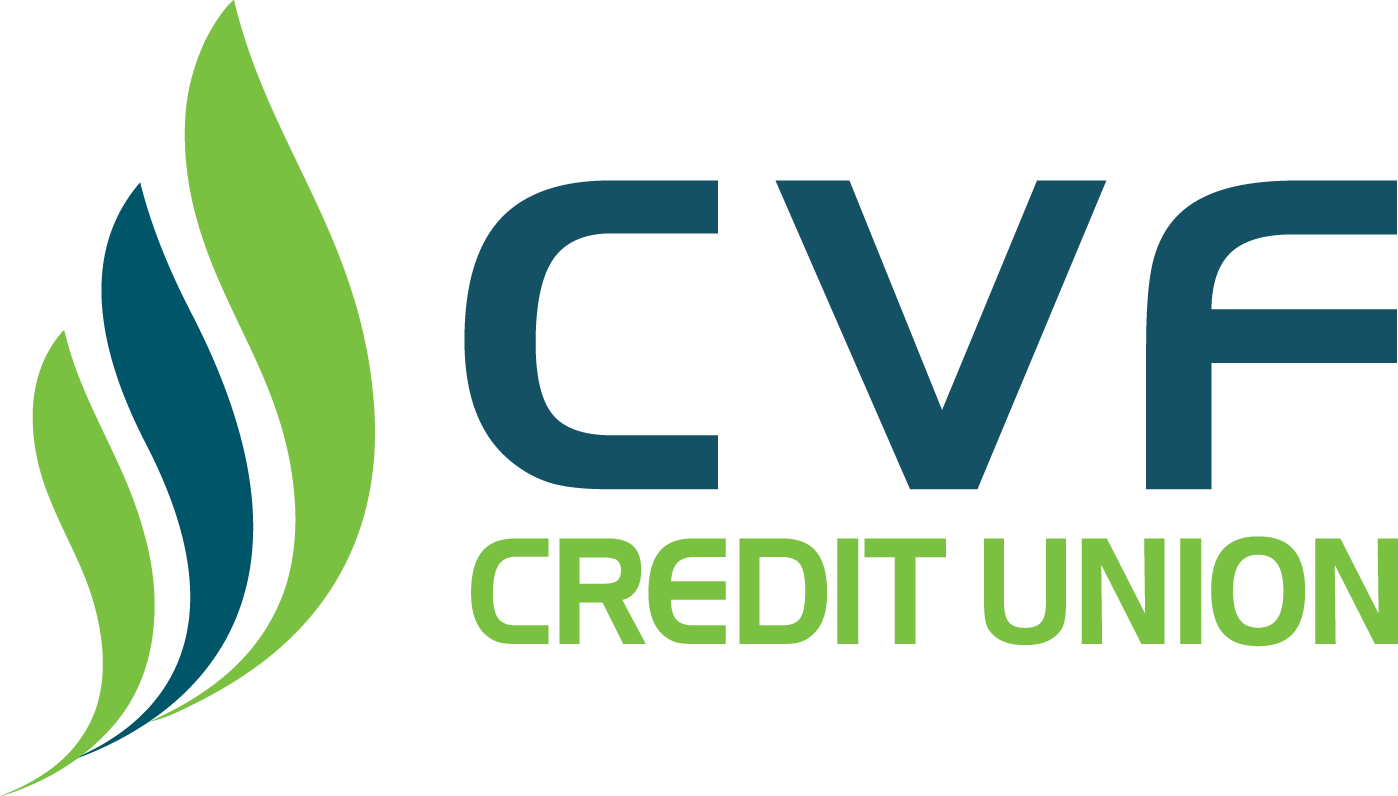
Recession 101: What Is a Recession, How To Prepare Financially, and Mistakes to Avoid
In a world of uncertain economic times, it’s essential to be prepared for the possibility of a recession.
But what is a recession exactly?
And how can one prepare financially and emotionally for such an event?
This article will answer these questions and more as we dive into what to do to prepare for a recession.
What is a Recession?
A recession is a period of economic decline. It is typically defined as two consecutive quarters of negative economic growth.
During a recession, businesses and consumers cut back on spending, leading to lower demand for goods and services.
Difference between Recession and Depression
When it comes to economic downturns, there is a difference between a recession and a depression.
- A recession is a temporary economic decline during which trade and industrial activity are reduced.
- A depression is an extreme economic downturn that is much more severe and prolonged than a recession.
How to Financially Prepare for a Recession
When preparing for a recession, you can do a few things to ensure you weather the storm.
- Building up your savings will give you a cushion to fall back on if you lose your job or have other unexpected expenses. Try to save at least 3-6 months’ worth of living expenses.
- Reducing your debt will lower your monthly expenses and make it easier to weather a financial setback.
- Making a budget will help you track your income and expenses so you know where your money is going and can make adjustments if necessary.
- Staying informed and keeping up with the latest news and economic indicators so you can anticipate changes and plan accordingly.
Mistakes to Avoid During a Recession
When it comes to preparing for an economic crisis, there are a few key mistakes you’ll want to avoid.
Here are four big ones:
1. Not Reviewing Your Budget
Review your budget and make sure you have a clear understanding of your income and expenses. This will help you make necessary adjustments when a recession hits.
2. Not Cutting Back on Spending
Changing your spending habits may mean making lifestyle changes, but it’s important to remember that these changes are only temporary.
3. Not Saving Enough Money
It’s important to have an emergency fund that can cover at least six months of living expenses. This will help you avoid turning to credit cards or other high-interest debt options when tough times hit.
4. Not Investing in Yourself
Now is not the time to give up on your dreams or stop investing in yourself. If anything, this is the time to double down on your commitment to lifelong learning and professional development.
By investing in yourself, you’ll be better positioned to weather any economic downturns that come your way.
Prepare For An Economic Downturn with CVF Credit Union
CVF Credit Union can help members be prepared for a downturn in the economy by offering financial education and resources. They also offer workshops or seminars on budgeting and saving and assistance with creating a financial plan. They may also offer competitive loan rates, lines of credit, and high-yield savings accounts to help members weather the financial storm.



